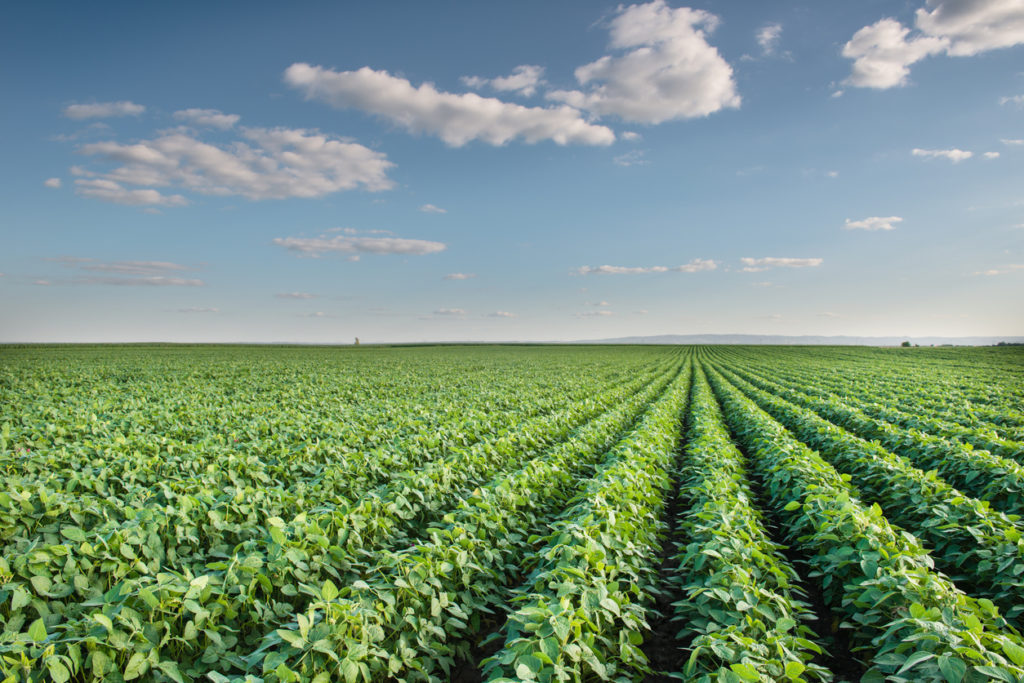A SUCCESS STORY THAT KEEPS ON GIVING


Brazil is the fifth largest country in the world in terms of territorial area, and the most populous country in South America, with approximately 200 million people. Additionally, Brazil has one of the biggest reserves of natural resources and an economy that surpasses all of its South American neighbors, with a well-developed agribusiness, advanced mining industry, as well as manufacturing and services sectors, in comparison to the other South-American countries.
Brazil’s potential in agribusiness is enormous. Despite the sector already accounting for approximately 22% of the country’s total GDP, it continues to increase its importance to Brazil and to the international commodities markets. Currently, the country is the world’s largest producer of sugar cane, coffee and tropical fruits, the world’s largest commercial cattle herd and the world’s largest exporter of soybeans. Roughly, 176 countries import Brazilian livestock. Nevertheless, only 9% of the territory is occupied by crops, while 13,2% represent pastures.
Growth in Brazil’s agricultural products market is accelerating. From 2012 to 2016, the domestic market’s volume grew by 12,6% annually, and reached a value of $ 113.5 billion (See Figure 1). In 2017 the country’s agricultural export surplus was equivalent to $81.8 billion, while the other sectors had a combined deficit of $14.8 billion. Therefore, the country’s total surplus of $ 67 billion was achieved due to the agribusiness’ sector contribution.
Plus, in addition to increasing its fibers and grains output by more than 400%, the outlook for the near future is also very positive, with agricultural products market expected volume of 1,129.4 million tons by 2021, a 7,7% compounded annual increase over 2016. The projected growth is expected to occur from the combination of incorporating degraded pasture lands into cultivated acreage, extensive improvements in technology and use of new technologies such as GMO’s, in addition to the growing global demand for food, especially proteins.
Despite the promising outlook for agribusiness in Brazil, the country still faces some challenges in order to take full advantage of this dynamic sector of the economy. The primary challenge is
the structural deficiency in its infrastructure, especially logistics, which negatively impact the country’s competitiveness by increasing freight costs. Despite the efforts made to minimize the infrastructure bottlenecks, such as the Growth Acceleration Program (PAC in Portuguese), undertaken during the Lula and Dilma administrations, the results are far from satisfactory.
In response to the shortcomings of the PAC, the current administration under President Temer launched a revised infrastructure development program, referred to as PPI (Program of Partnerships and Investment). The PPI assigns to the private sector the principal responsibility for developing needed investments in highways, railways, energy, air transportation, telecommunications, housing, water and sanitation. By streamlining the bureaucratic process and making needed infrastructure investments more economically attractive, Brazil hopes to overcome some of the challenges that reduce productivity and slow the country’s growth.
By Lucca Suassuna de Carvalho